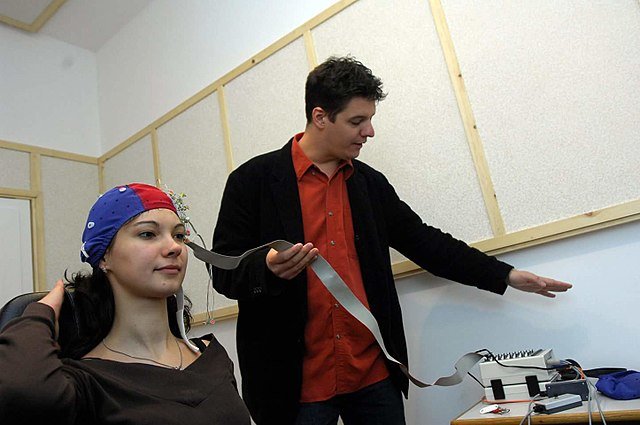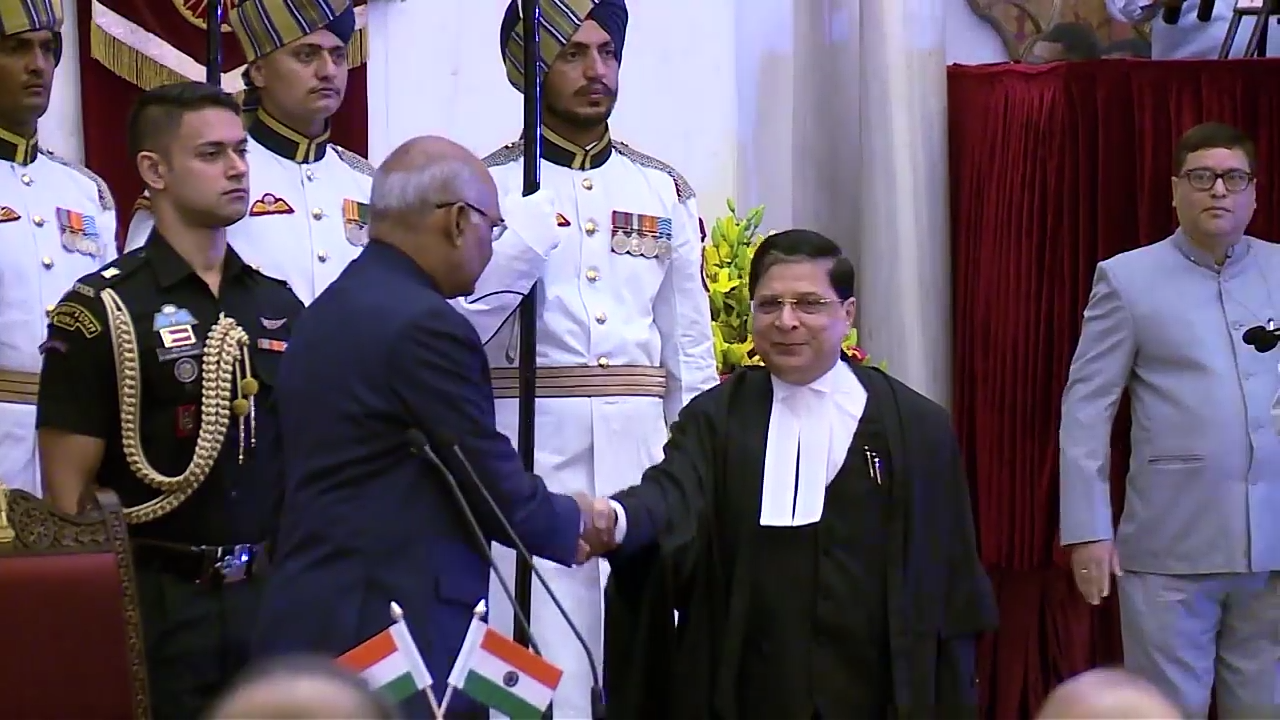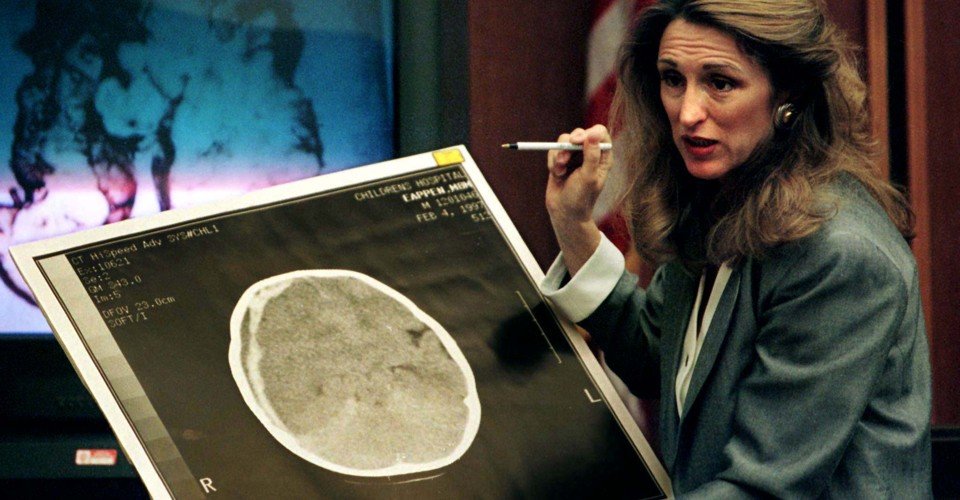
Can Mind-Reading Technology Be Used As Evidence In Court?

Whether you’ve been inside an actual court or if you’ve seen a court scene in a criminal or detective movie or TV series, we’re all familiar with what’s happening inside. The accuser (which was backed up by the prosecutor panel) tells a story about mauling or attack that made him a victim of a particular case, while the defendant will, of course, deny the allegations directed towards him. Based on the physical and circumstantial evidence, the jury will then decide who’s telling the truth. If not, an easy way to determine which side is lying is to use the lie detector test.
A series of questions answerable by yes or no will be asked on both sides and based on a pulse rate, it can determine whether or not you’re actually telling the truth. However, the court is reluctant to use this as evidence since the results generated are not as accurate as before. Some even claim that anyone can control their breathing and calm their pulse rate in order to generate “truth” result even if they’re saying a lie. But what if we say that the latest technology nowadays enables us to detect whether we’re lying or not based on our brain response. A recent study by researchers from the United States shows that the accuracy “mind-reading” technology is improving. Can we use this as evidence before the court?
Introducing the Brain Footprinting Method to Determine Whether the Witness Is Stating the Truth or Not
Also known to US researchers as “guilty knowledge tests” or “concealed information tests”, this method varies from the traditional lie detector test in a sense that it reveals the fingerprint of the knowledge stocked in the brain. This technique gathers electrical signals from your brain through the use of electroencephalography (EEG), in which the signals received by the tool indicate your brain responses. Known as the P300, the signal responses the patient makes to questions are assessed in order to identify signs of stock knowledge about the pieces of information stored in his brain.
The p300 response typically occurs in 300 to 800 milliseconds, so quick that you have no time to control yourself before uttering a staged answer. If you’re telling the truth, you’ll be able to answer in a split of a second without reacting to the stimuli. While those who lie will found themselves reacting to the stimuli before they can even think of concealing their response. If we narrow it down, our focus to the specific knowledge stored in the brain (in which we want to gain access to information), then this tool is said to be “accurate” and “effective” in revealing a concealed knowledge. The proponents of the study claim that this scientific evidence weighs far more than human assessment.
Potential for Prejudice

Indian Supreme Court applied brain technique in Aditi Sharma’s case
Applying this type of tool as evidence presented in courts isn’t widely accepted yet, for now, mostly in English and British courts. However, the application of the said “mind-reading” technology has been applied to Indian court and was deemed as an effective tool. An example of its earliest application was the case of Aditi Sharma, where the court had found evidence that her brain responses indicated her involvement in her former fiancé’s murder. Based on her responses, her experiential knowledge revealed pieces of information about her scheming to poison her former fiancé with arsenic, as well as buying it firsthand in order to realize her crime. The High Court of India had initially convicted her, although they overturned it later on.

U.S. researchers are developing mind technique in order to help in solving crimes
One of the main reasons why the Indian Supreme Court had revoked their initial decision is because they had not ruled out the possibility whether or not the potential suspect was tested with her consent. They also argue that concealing knowledge or information that are relevant to the crime happens for a lot of reasons, such as protecting other people or maybe hiding illicit relationships. These psychological reasons that enable the patient to hide the knowledge they possess may or may not have anything to do with the crime.
One mistake in conducting the experiment and it may lead to prejudice. An example for this is that people may judge you as being “guilty” because you won’t be cooperative enough in conducting the brain footprinting test. When in reality, you’re concealing your knowledge for another reason such as stated above. This psychological factor has yet to be addressed by the US researchers.
More in Legal Advice
-
New York to Mail Out One-Time Inflation Rebates. Here’s the Eligibility List
New York is preparing to send out its first-ever inflation refund checks, providing financial relief to millions of residents as prices...
October 3, 2025 -
Here’s What Artists Should Know About Copyright & Its Implications
Copyright protects your art from the moment you create it. The second your drawing, painting, sculpture, or photo is fixed in...
September 27, 2025 -
Everything to Know About Vogue America’s New Editor, Chloe Malle
Chloe Malle just stepped into one of the most powerful roles in fashion media: Head of Editorial Content at Vogue America....
September 21, 2025 -
Did Barron Trump Apply to Harvard? Clearing Up the Rumors
Speculation often swirls around public figures, and in recent months Barron Trump’s college choices became part of the conversation. Questions surfaced...
September 20, 2025 -
Can You Be Naked in Texas?
The Texas public nudity law isn’t as simple as “no clothes, you are in trouble.” It all comes down to intent,...
September 13, 2025 -
Why AI Is Now a Necessity, Not a Choice, for Law Firms
Artificial intelligence is no longer a futuristic concept for the legal industry. It is steadily changing how law firms operate, not...
September 13, 2025 -
Waikiki Lifeguard Cleared in Confrontation With Notorious Criminal
On a hot day at Kuhio Beach, veteran lifeguard Christopher Kekaulike Kam stepped in when things got out of control. A...
August 13, 2025 -
Gawking at the Coldplay ‘Kiss Cam’ Affair Is Voyeurism at Its Worst!
Coldplay concerts are meant to be joyful. But during a recent show, a playful kiss cam bit turned into a public...
August 6, 2025 -
Essential Safety and Success Resources for Trans Journalists
Trans journalists go through tough spaces every day. In a field that often tests your limits, knowing where to turn for...
July 30, 2025














